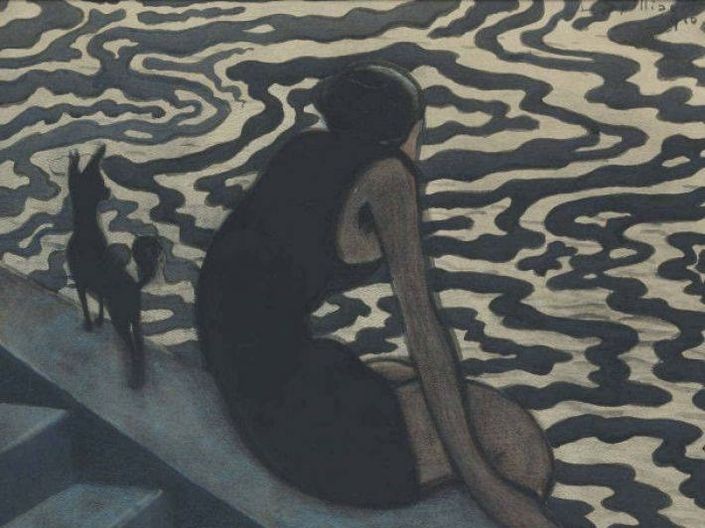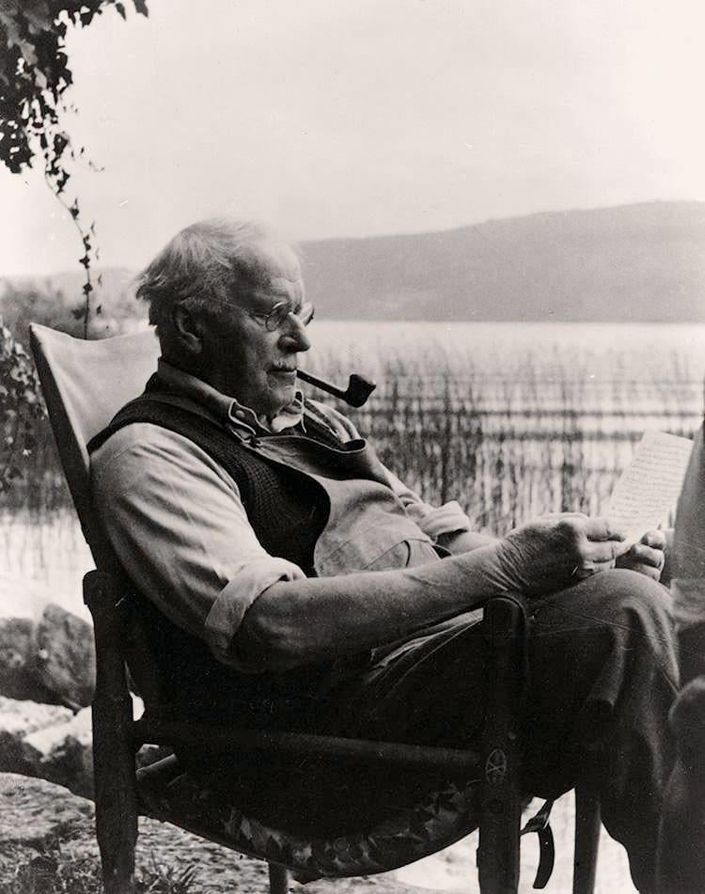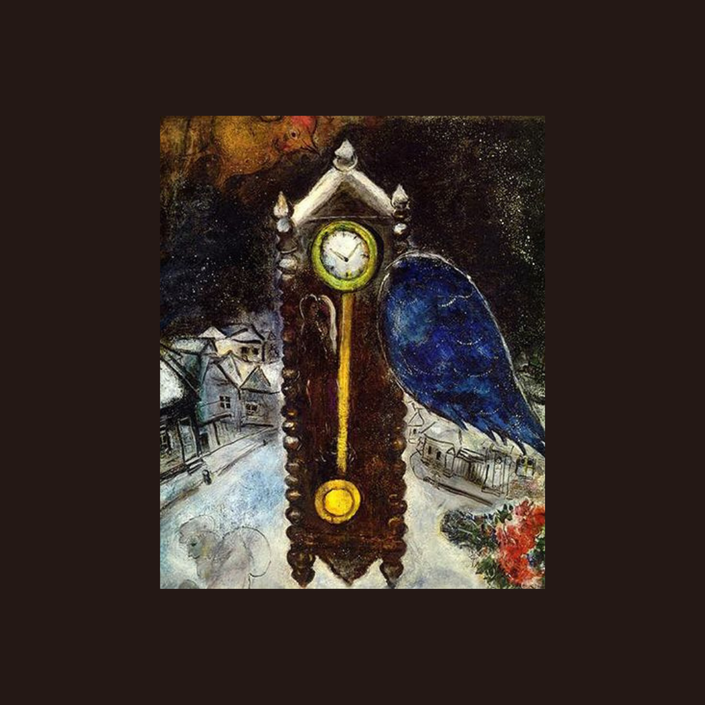
The God-Image Within
Jung experienced and later taught a “vocation to wholeness.” This calling into wholeness had an organizing center that would both create order out of chaos and embrace the opposites in ways that he would suggest are tantamount to an experience of God. For Jung, the archetypal Self is the image of God within, and as an image can vary not only within individual religious traditions, but perhaps more importantly, within individuals themselves.
One of the images of the archetypal Self that Jung was most fond of has multiple origins. Nicholas of Cusa gives us perhaps the best rendering: “God is a sphere whose center is everywhere and circumference is nowhere.” One could say that the archetypal Self is likewise the center and circumference of Jung’s Analytical Psychology!
The path toward relationship with the archetypal Self leads first through the dark realms of the Shadow, and requires from us a lifetime of inner work and exploration.
Enough shadow work will open the field of consciousness to experiences with the archetypal Self; it is a kind of purification process. The more inner work we do, the more we withdraw our projections from others. The more we work with the shadow material in the unconscious, the more we become aware of something more, something greater than. A wholeness with an ever expanding center, increasingly becomes intuitively real to us and guides us in our being-in-the-world. We are in-formed by it. And, we are trans-formed by it as well. And, we take this into our world.
Specifically, we realize that there is something in the psyche as a whole that not only knows more than the ego, but is and has been actively and intimately involved in our individuation process, our journey into wholeness, all along.
Philemon is an image of the archetypal Self that emerged from Jung's own unconscious who connected him to a living wisdom rooted in the depths of the eternal psyche.
While the archetypal Self carries a numinous quality that human beings across aeons have associated with the Divine, its influence can be experienced as a threat to the ego that would, to fulfill its own purposes, separate itself off from its own divinity and greater Truth.
"To this day God is the name by which I designate all things which cross my willful path violently and recklessly, all things which upset my subjective views, plans and intentions and change the course of my life for better or worse.” C. G. Jung








